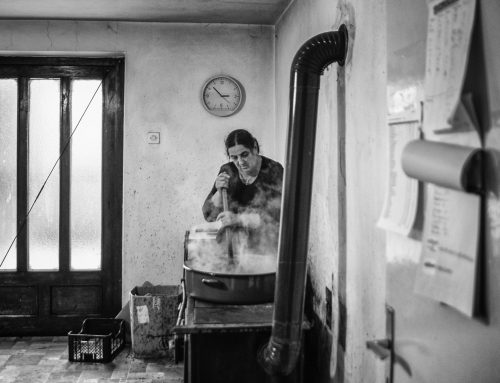– As many as 90 percent of backlog cases are currently sitting in enforcement departments –
Serbia is trying to deal with its infamous judiciary heritage—piles of old, backlog cases in courts nationwide. When it comes to judiciary efficiency, one of the main efforts concerns case backlog reduction (BLR), that is resolving court cases that are older than three years. The majority of “old” (backlog) cases—around 90%—are awaiting resolution in enforcement departments. That is why at the proposal of the Ministry of Justice, the National Assembly adopted amendments to the Law on Enforcement and Security Interest (LoESI) in order to approach to this issue and resolve it in a systemic manner. In order to fully implement the LoESI, an EU project was implemented to coordinate activities with the Ministry of Justice and the Supreme Court of Cassation. However, with around 600,000 backlog cases awaiting resolution, the greatest burden is still carried by courts.
EU support for implementation of the Law
The EU project implemented as part of judiciary reform efforts entitled EU for Serbia—Support for the Supreme Court of Cassation is structured to support three different areas: efficiency of the judiciary, promotion and improvement of alternative dispute resolutions (mainly mediation), and harmonization of case-law.
Courts started implementing the amended Law on Enforcement and Securities Interest (LoESI) on 1 January 2020. New amendments provide guidelines for further backlog reduction (BLR), an area directly related to the efficiency of the judiciary, with a view to permanently resolving the backlog in Serbian courts.

Photo: Dimitrije Šujeranović
The project, implemented in coordination with the Ministry of Justice and the Supreme Court of Cassation, produced Manual for the implementation of the LoESI for courts. Also, the project hired support staff at 11 basic courts (around 50 law school students) to work on technical and administrative preparation of enforcement cases in courts, under the supervision of courts’ administrative staff and judges. These activities commenced successfully in January 2020.
Despite the extraordinary circumstances caused by the Covid-19 pandemic, courts in Serbia have resolved 86,825 backlog cases since the beginning of the year
Due to the outbreak of Covid-19, the Government of the Republic of Serbia declared the “state of emergency” on 16 March, forcing courts to adapt their daily operations to Government’s measures aimed at curbing the spread of coronavirus. The courts also received a decree with instructions on how to maintain operations, with the main focus being on criminal and civil cases that cannot be postponed. At the same time, court enforcement departments operated with fewer judges and support staff hired as part of the project was withdrawn from all 11 courts. The Government lifted the “state of emergency” on 7 May and the courts continued their regular operations, with strict measures against Covid-19 still in place. Consequently, the support staff started working again on 8 June.
Despite these circumstances, in January of this year courts started implementing the amended LoESI and it is expected that 2020 will build on positive results from the year prior when Serbian courts settled a total of 2,268,769 cases, 214,234 of which were classified as old. In the first three months of 2020, Serbian courts managed to decide 38,645 backlog cases, whereas in the three-month period from April through June Serbian courts settled another 48,180. It is obvious that the situation caused by Covid-19 slowed down backlog reduction to a certain extent; however, a positive trend can be noticed, bearing in mind that judicial authorities have only recently resumed their normal functioning. In total, in the period between 1 January–30 June, Serbian courts resolved 86,825 backlog cases (from 561,142 down to 474.317).




